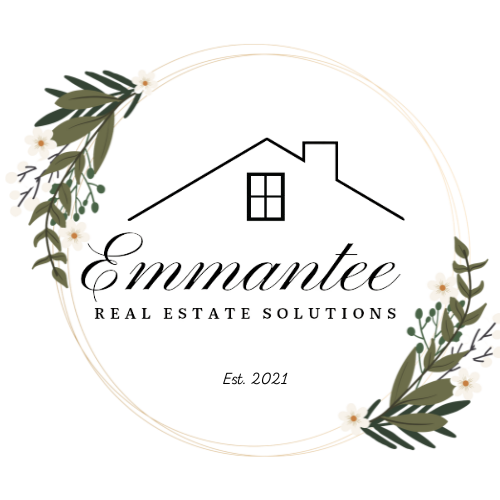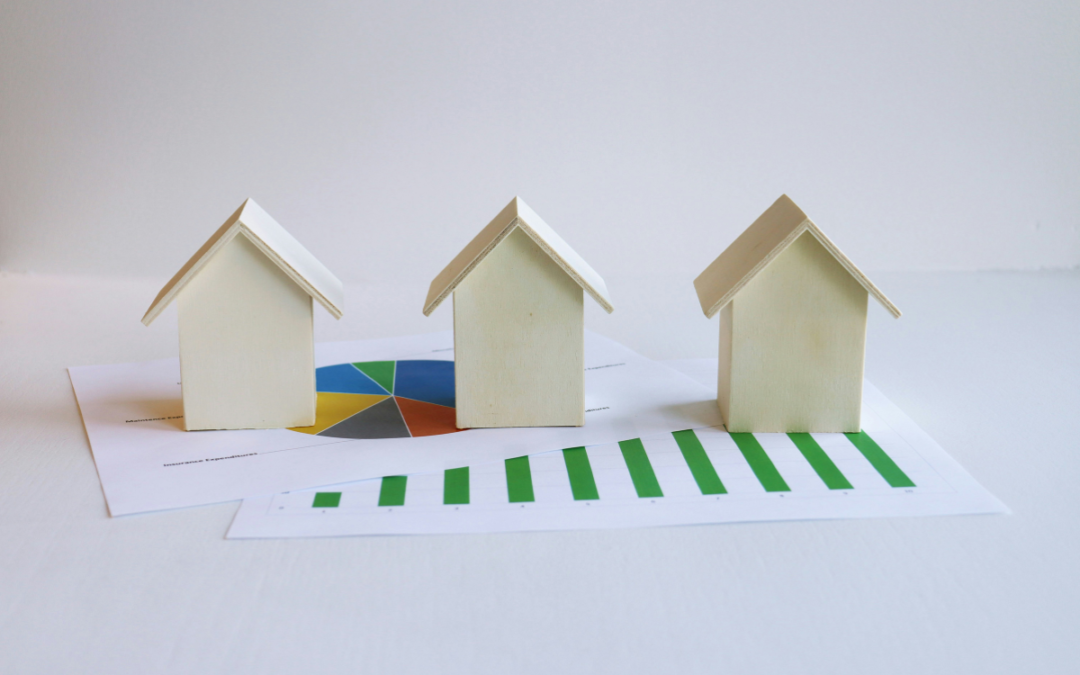You’ve seen the advice from financial influencers and investment ‘experts’ online. They all say, “You need to invest in rental property!”
But here’s what they’re not telling you: Rental investments come with major costs.
This doesn’t mean that you can’t make a profit through rental investments. It is absolutely still possible to run a profitable rental property. But you need to know the true cost of a rental investment before you commit.
So let’s talk about some of the costs involved in rental investing that you may not have yet considered.
Increased Tax Rates
Did you know that if you plan to rent a property, it will be taxed at a higher rate?
It’s true. Your rental property won’t be taxed at the same rate as the home you live in. Rental properties are taxed using what is known as a non-resident tax rate. This means that because you aren’t living in the home, it will be taxed at an increased rate.
This higher tax rate will look different depending on where your property is located. Your Realtor, Mortgage Lender, and Property Manager may be able to help you find this information, but you should always double-check with your county or city of residence.
Landlord Insurance Policy
A rental property comes with different liabilities from your personal residence. So when you decide to rent out an investment property, you’ll need to invest in a different insurance policy.
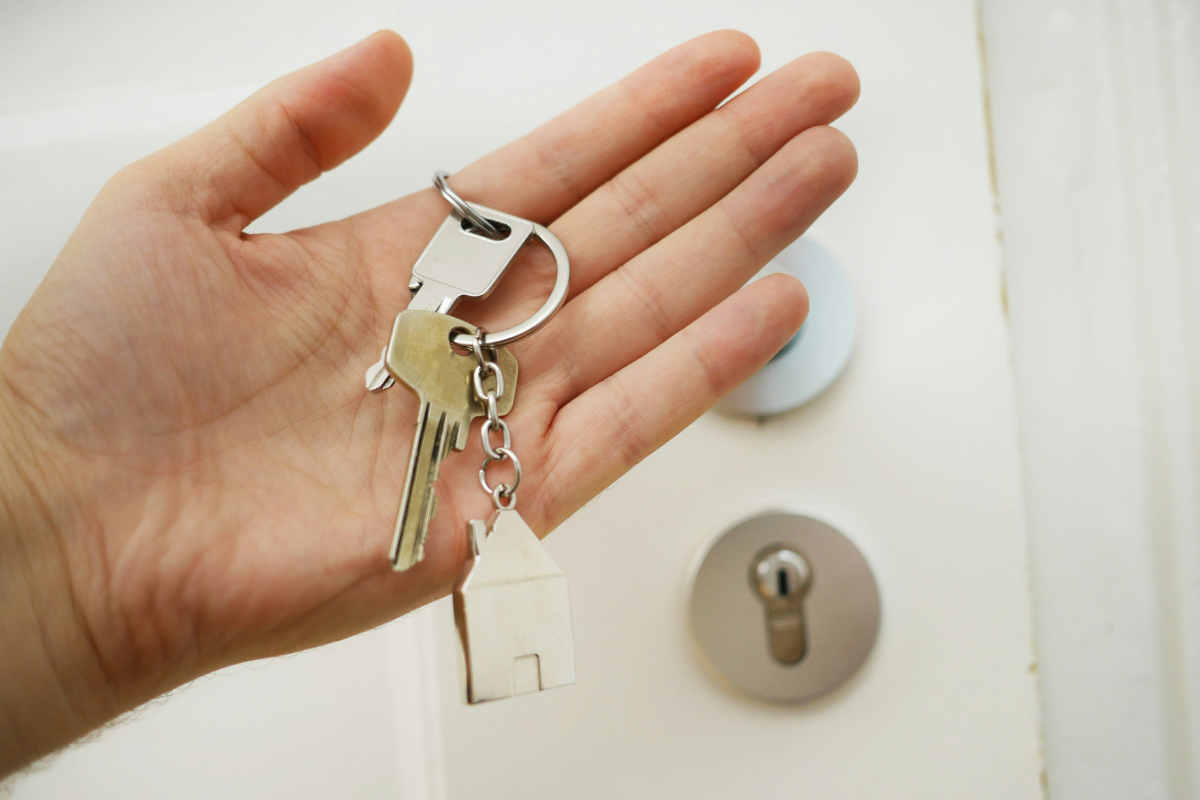
Specifically, you will need a landlord insurance policy for your rental property.
But what’s the difference between a typical homeowners policy and a landlord insurance policy?
A homeowners insurance policy primarily serves to ensure that your home–the physical building and other structures on the property–is covered in case of major damage. For instance, if you experience a house fire or major storm damage, your homeowners will help cover the cost of repairing the damage and replacing what is lost. Homeowners insurance also typically covers certain liabilities associated with home ownership, particularly if someone is injured on your property.
But homeowners insurance does not protect against risks specifically associated with renting out your property to tenants. This is why you need a landlord insurance policy.
Before you begin renting out a property, be sure to speak to an insurance professional about your options.
Income Losses During Vacancies
When you’re investing in rental property, there will certainly be times when your properties are vacant.
Sometimes a tenant doesn’t work out, and you need to go through an eviction or find a path to breaking the lease early. Other times, you may find that when a tenant leaves, there is a lot of work to be done to prepare it for the next tenant. And, more than likely, there will be times when it takes a little longer to fill the void after a tenant moves on.
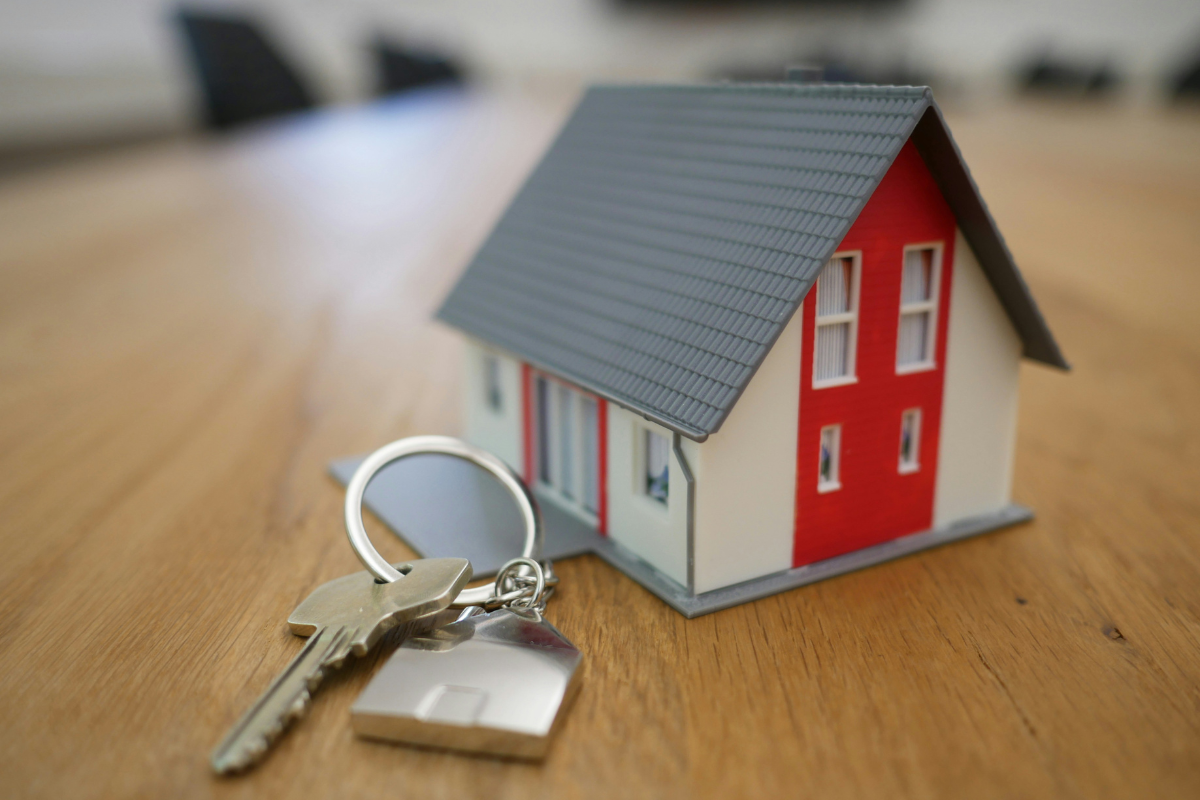
A prolonged vacancy is often better than accepting an unsuitable tenant out of desperation. If you rush to place a tenant, you could find yourself signing a lease with someone who doesn’t meet your initial qualifications or can’t pay rent. So in some cases, you may even choose vacancy over placing the wrong tenant.
Whatever the reason, you should always be prepared for the possibility that your rental property will be vacant for weeks–or even months.
I recommend that anyone who plans to invest in rental property have enough funds in savings to stay afloat for 3-6 months of vacancy.
Keep in mind: when you work with a high-quality Property Management company, you will have a better chance of avoiding prolonged vacancies.
Maintenance and Repair Costs
When you have tenants, you are bound to have maintenance expenses.
To you, your rental property is an investment. But to your tenants, it will be the home that they live in full-time. So they will likely notice things that need fixing. And since they will be living there, eventually something will break.
Aside from repairs, every property needs ongoing maintenance to ensure it stays in good shape.
So when you consider renting out an investment property, factor in repair and maintenance costs when calculating your profits.
You should always have funds in your reserves for repairs. Yes, these funds will mostly be used for common small repairs. A broken faucet, a leaky pipe…you never know what little things may arise. These turnover costs from normal wear and tear are a part of the cost of rental property investing.
But occasionally, they will also be used for major repairs. If the HVAC goes out, you’ll need to be able to fix it quickly. If your roof is damaged, you will want to have the funds on hand to handle it.
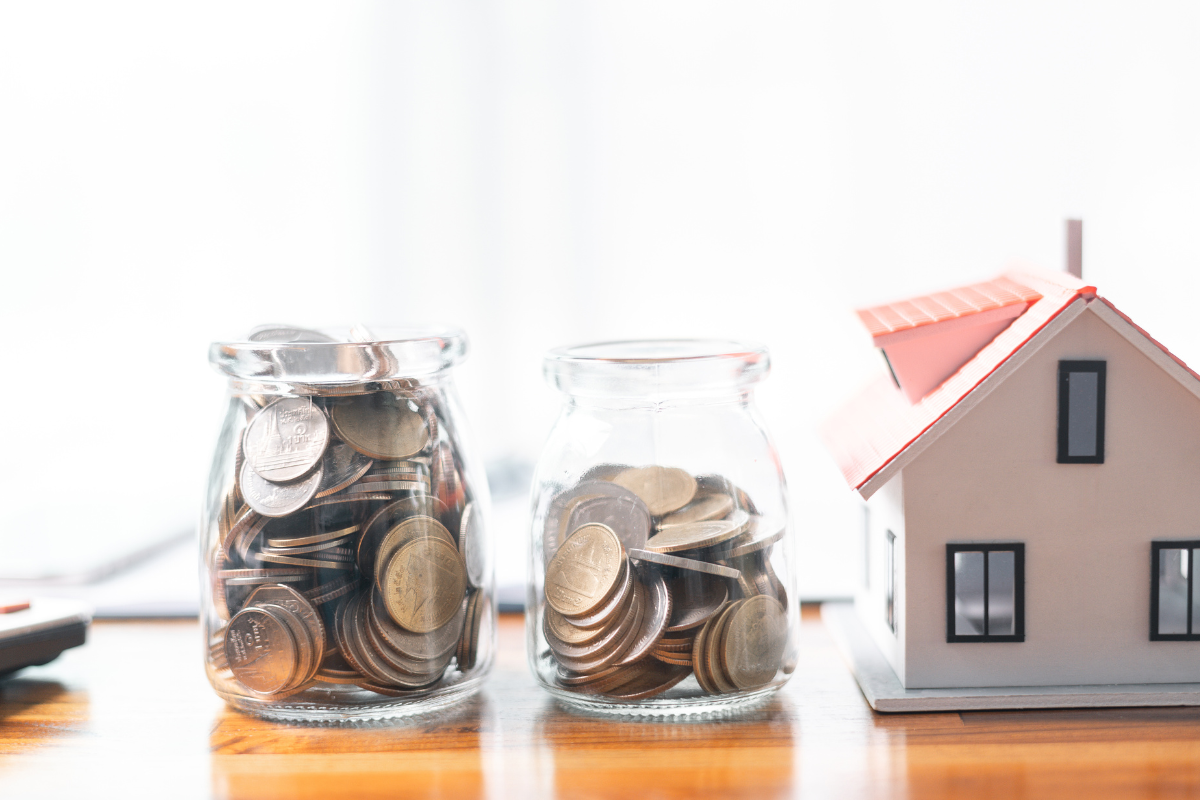
So plan for the cost of maintenance, and have a reserve available for major repairs just in case.
Legal Fees
Investing in rental property sometimes means that you need legal support.
In some cases, you may need to evict a tenant. In others, you may have a dispute with a tenant. And any time you have a new tenant, you will need to ensure a lease is signed.
So be prepared to pay for legal services. It’s a good idea to find an attorney you trust from the start, so that you won’t be stuck searching if an issue comes up.
Ready to Start Investing in Rental Property?
If you think rental property investing is right for you, congratulations! Before you jump into purchasing, we would love to speak with you. At Emmantee, we are passionate about helping property investors build wealth. Our team can help you assess the cost of a rental investment in your area and plan your investment strategy.
If you’re ready to take the next step, reach out to us at [email protected].
